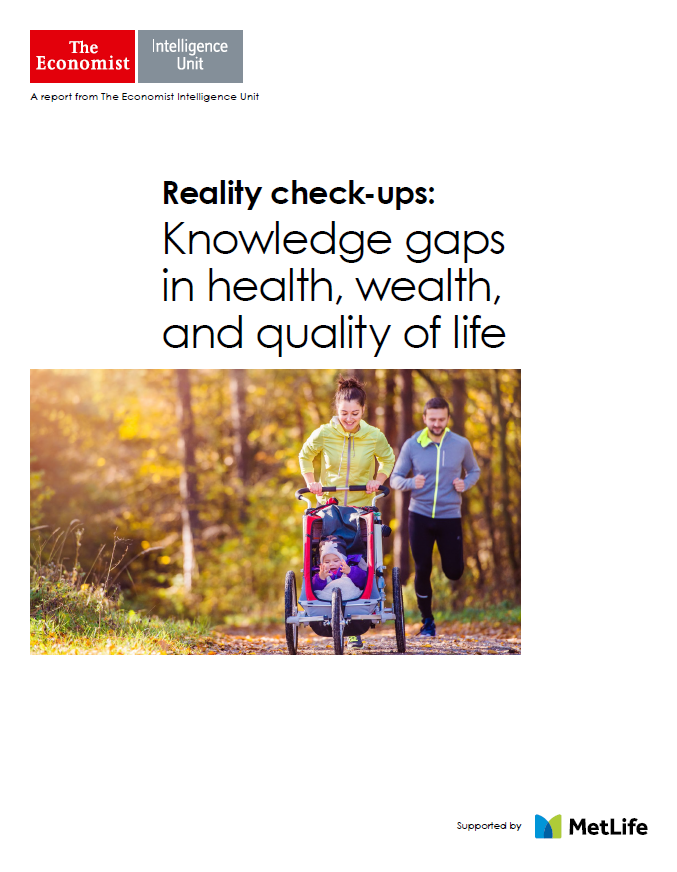It is well established that the modern CFO has a more strategic role to play in a business, but a clear action plan to achieve this is lacking. A key element of this is helping the business to deal with change. Some changes are planned: launching a new product or service, setting up operations in a new region or acquiring a competitor. Others may be unexpected: a major disruption to supply-chain operations, the emergence of new regulation and legal reporting requirements or the unpredictable impacts of global economic uncertainty.
Either way, when asked about the biggest challenges they face in executing their day-to-day activities, change is a recurring theme, according to a new survey of 800 CFOs and senior finance executives, conducted by The Economist Intelligence Unit. Managing unexpected changes to financial forecasts and adapting finance processes to rapidly evolving business models are top of mind.
Managing unexpected changes to financial forecasts and adapting finance processes to rapidly evolving business models are top challenges finance executives face in executing their day to-day activities.
Finance executives are also concerned with identifying how to align strategic, financial and operational plans towards common objectives and meaningfully analysing data across business units and regions. “All functions are working to meet these challenges and, as a finance head, we have to have visibility across all functions, how they are progressing [towards meeting goals] and ensuring that their direction is in line with overall strategic goals,” says Lalit Malik, CFO of Dabur, an Indian consumer goods manufacturer. It is incumbent upon CFOs therefore to be prepared not only to help their own function navigate uncharted territory, but the rest of the business too. That means breaking down the silos that commonly exist in organisations, in order to collaborate closely across functions, sharing information and data in the pursuit of common objectives.
All functions are working to meet these challenges and, as a finance head, we have to have visibility across all functions, how they are progressing [towards meeting goals] and ensuring that their direction is in line with overall strategic goals - Lalit Malik, CFO of Dabur, an Indian consumer goods manufacturer.
The clear custodian of collaboration
There are a number of reasons why the role of leading cross-company collaboration around steering should fall to the CFO and their team. First, through the activities of budgeting, the finance function is the custodian of the clear, quantitative expression of management expectations and determines how resources such as cash and people will be allocated in order to achieve them. In our survey, 90% of respondents say that finance should facilitate collaborative enterprise planning to ensure that operational plans are aligned with financial and strategic plans.
Second, through performance management, the finance function is the gatekeeper for critical data that illustrate how well—or otherwise—the company is rising to the challenge of change. That includes data relating to sales, supply chain and delivery, which need to be reported back to the business in ways that help drive improved decisionmaking. Our survey reveals that companies in which finance executives feel empowered to drive strategic decisions across business functions are more likely to report a higher financial performance in fiscal year 2016/17 and 2017/18 and anticipate higher growth rates for 2019/20.
Download Complete Executive Summary PDF








